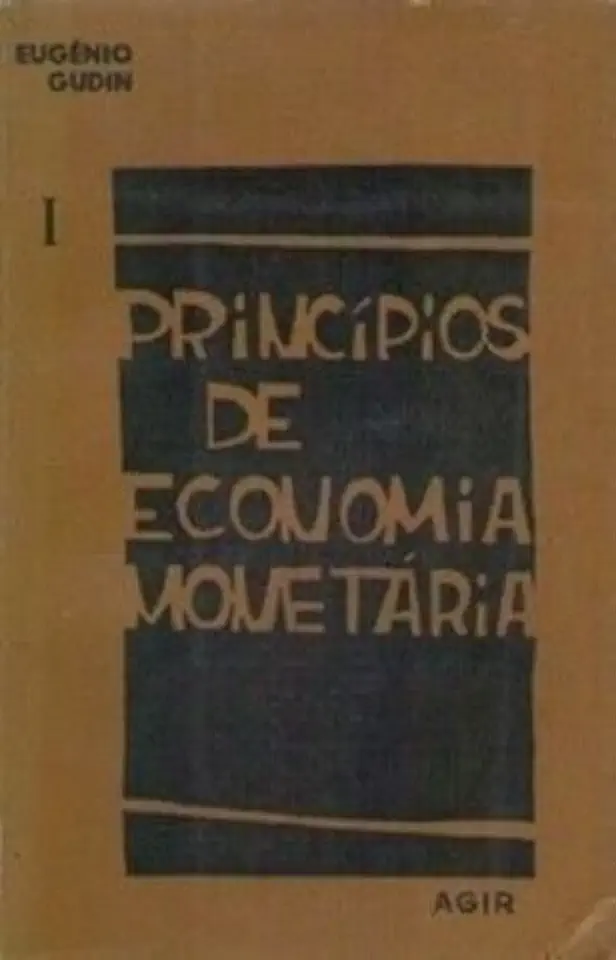
Principles of Monetary Economics - Eugenio Gudin
Principles of Monetary Economics: A Comprehensive Guide to the World of Money and Banking
Introduction
In today's rapidly evolving financial landscape, understanding the intricacies of monetary economics is more crucial than ever. Eugenio Gudin's seminal work, "Principles of Monetary Economics," provides a comprehensive and accessible exploration of this complex field, offering readers a deep dive into the theories, policies, and practices that shape the global monetary system.
A Foundation in Monetary Theory
Gudin begins by establishing a solid foundation in monetary theory, introducing readers to the fundamental concepts that underpin the study of money and banking. From the definition of money and its various forms to the role of central banks and the mechanics of monetary policy, Gudin provides a clear and concise explanation of the building blocks of monetary economics.
The Role of Money in the Economy
The book delves into the critical role that money plays in the functioning of an economy. Gudin explores the relationship between money supply and economic activity, highlighting the impact of monetary policy on inflation, employment, and economic growth. He also examines the concept of financial intermediation and the role of banks in facilitating financial transactions and managing risk.
Monetary Policy and Central Banking
Central to the study of monetary economics is the role of monetary policy and the operations of central banks. Gudin provides a comprehensive analysis of monetary policy instruments, including reserve requirements, interest rates, and open market operations. He also discusses the challenges faced by central banks in achieving their objectives, such as maintaining price stability and promoting economic growth.
International Monetary Economics
In an increasingly interconnected global economy, understanding international monetary economics is essential. Gudin explores the dynamics of exchange rates, balance of payments, and international trade. He also examines the role of international financial institutions, such as the International Monetary Fund (IMF) and the World Bank, in promoting global economic stability and development.
Financial Markets and Asset Pricing
Gudin dedicates a significant portion of the book to the analysis of financial markets and asset pricing. He provides a comprehensive overview of the various financial instruments, including stocks, bonds, and derivatives, and explains the factors that influence their prices. Gudin also explores the concept of risk and return, portfolio theory, and the efficient market hypothesis.
Monetary Economics in Practice
To bridge the gap between theory and practice, Gudin presents real-world case studies and examples that illustrate the application of monetary economics in various economic contexts. These case studies provide valuable insights into the challenges and complexities faced by policymakers and financial market participants.
Conclusion
"Principles of Monetary Economics" by Eugenio Gudin is a must-read for anyone seeking a comprehensive understanding of the world of money and banking. With its clear explanations, insightful analysis, and practical examples, this book serves as an invaluable resource for students, researchers, policymakers, and financial professionals alike. Delve into the fascinating realm of monetary economics and gain the knowledge and skills needed to navigate the ever-changing financial landscape with confidence.